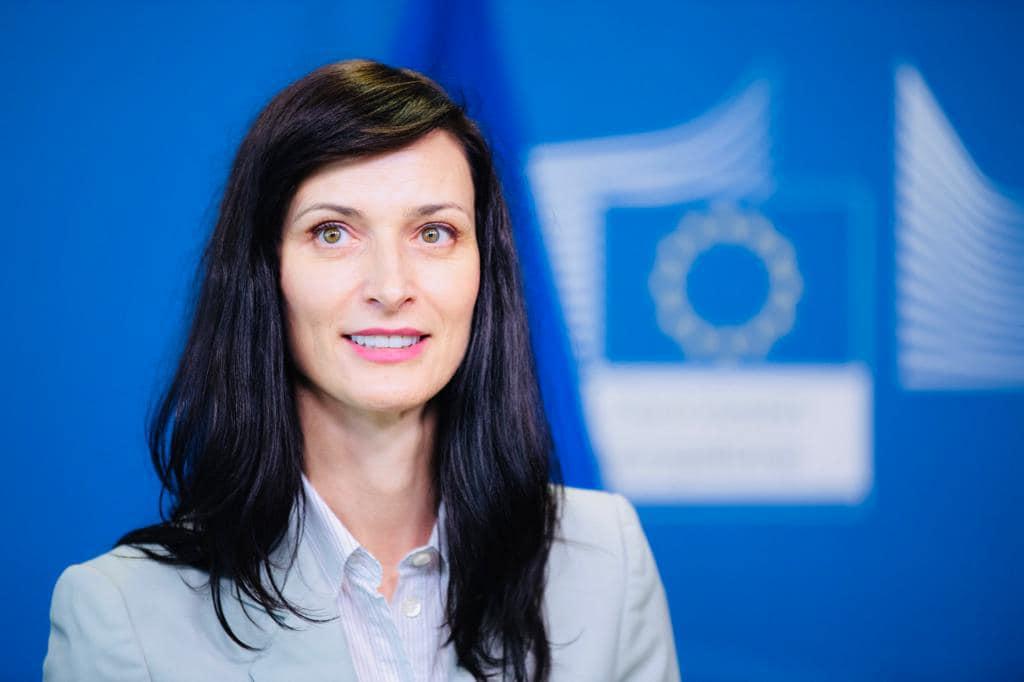“We Continue the Change-Democratic Bulgaria” (WCC-DB) disputed the agreement on prime ministerial rotation with GERB, questioning the activity of the deputy prime minister and minister of foreign affairs Mariya Gabriel in relation to Bulgaria’s entry into Schengen. In March of next year, Gabriel must replace Prime Minister Nikolai Denkov in the post by virtue of the agreement between WCC-DB and GERB and their joint ruling program. However, the main goal is/was: “Joining Bulgaria to the Schengen area by the end of 2023“, which at this moment seems unattainable.
Deputies from WCC-DB have officially asked Mariya Gabriel “what measures she will take by the end of the year in her capacity as Minister of Foreign Affairs and Deputy Prime Minister for the admission of the Republic of Bulgaria to the Schengen Area by the end of 2023, which priority is among the main reasons for the support of the rotating government by the WCC-DB coalition.”
And they add:
“We observe the continuous efforts of Prime Minister Acad. Nikolai Denkov, as well as individual people’s representatives from the ruling majority, for the accelerated completion of the process of accepting our country into the Schengen area, but we note with concern the less active role of the Ministry of Foreign Affairs in upholding this goal.
We would not like to risk Bulgaria’s Euro-Atlantic direction of development due to missed opportunities for action. Therefore, we will demand from the Deputy Prime Minister and the Minister of Foreign Affairs a written report for each week.”
This announcement comes against the background of the visit of Prime Minister Denkov to Vienna, where Austria again refused to lift the “veto” on Bulgaria’s membership. Austria and the Netherlands remain the last obstacle before Bulgaria, although the country has formally covered all the criteria. “For us, it is unthinkable at the moment to expand Schengen, but this has nothing to do with Bulgaria and Romania, but is a matter of security,” Austrian Chancellor Karl Nehammer said after his meeting with the Bulgarian Prime Minister.
However, it also comes against the background of the “non-coalition” frictions between GERB, which included DPS, on the one hand, and WCC-DB on the other, with the two parties using every opportunity to attack the Council of Ministers, as well as certain ministers, headed by “the most important one” for “The Change” – the financial one – Asen Vassilev.
Borisov recently made a request that he would ask for changes of ministers in the rotation, which falls at the beginning of March 2024 (it is a 9-month period), because, according to him, some of the current ones were not up to the job. He also allowed cadres of DPS to join the new Council of Ministers, but the informal leader of the party, Delyan Peevski, stated that they were not interested.
However, Schengen is far from the only “reform” mirage. WCC-DB had made 7 demands in order for this cabinet to function. Among them was a reform of the security services, which GERB and DPS refused to do, a common board for the appointment of regulators, which still does not exist, as well as a revision of the Electoral Code – which also still does not exist.

